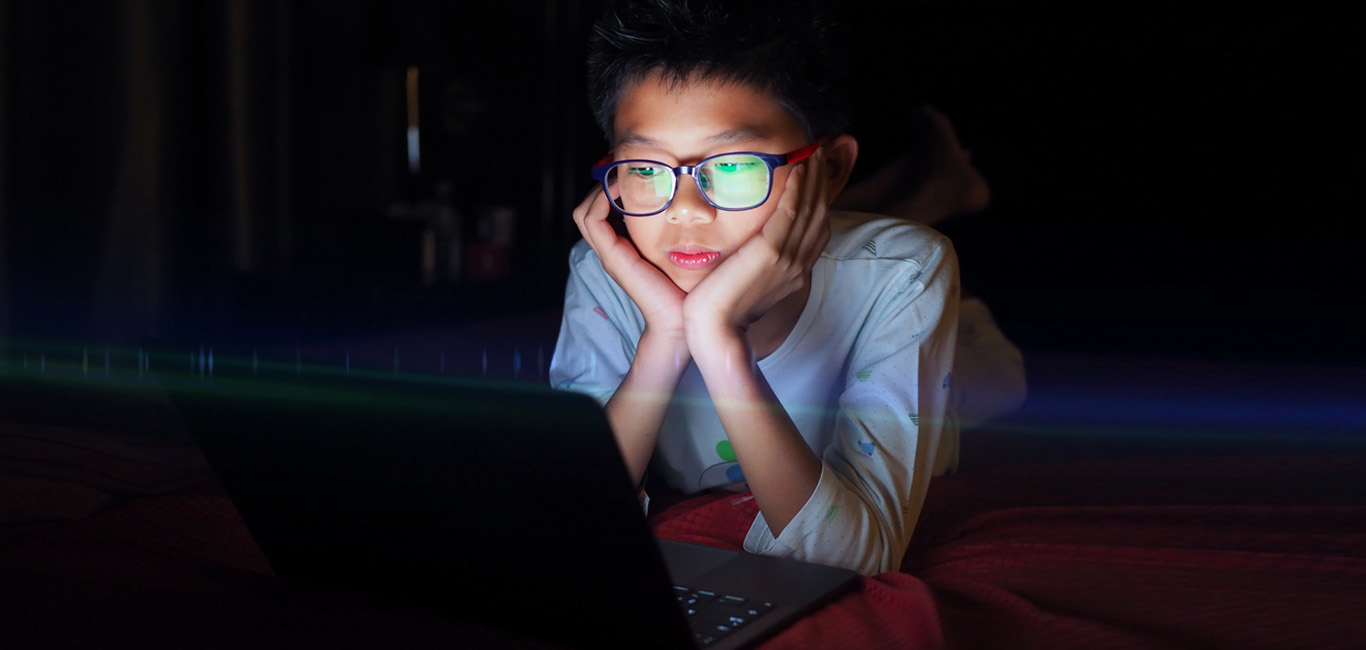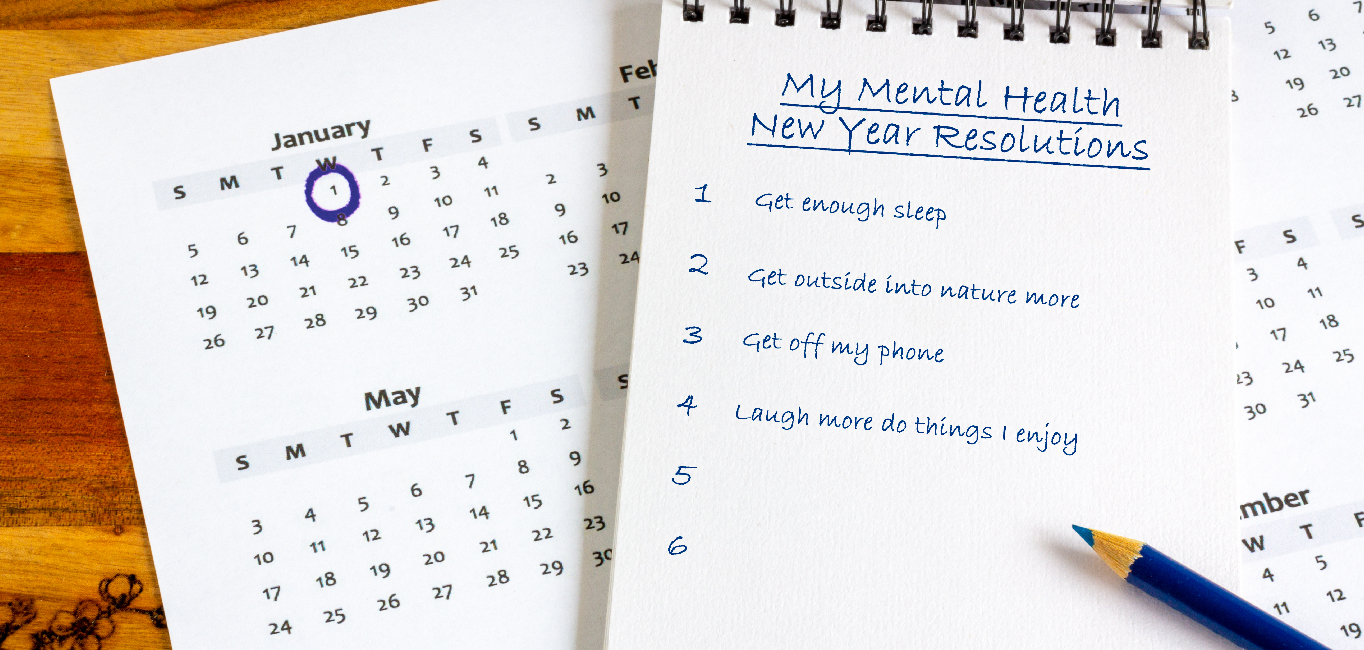
Theertha L, a seven-year-old from Bengaluru took to binge-watching her favourite cartoons during the lockdown. Sadly, this comforting exercise came with a price. The youngster started complaining of persistent headaches, which her parents treated casually. They advised her to rest to get rid of the headaches. But it did not work. It was then that they consulted a paediatrician, who revealed that the headache was brought on by too much screen time.
“During lockdown, we had no option but to give her a mobile and allow her to watch TV to help her tackle boredom.” Later, we realised that it was affecting her health. Now, we are encouraging her to play outside and get involved in other extracurricular activities. It has helped with the headaches,” says Aishwariya L, Theertha’s mother.
The problems with screens
According to a study conducted by Jean M Twenge and W Keith Campbell in 2018, children and adolescents who had more screen time had lower psychological well-being than those with less screen time.
Bangaluru-based paediatrician Vaishali Suryavanshi, says, “Exposure to screens lowers children’s capacity to understand human emotions and control frustration.” It also detracts them from activities that help boost their brain power, like interaction with other children. It also causes delayed speech among toddlers these days. Suryavanshi says that increased screen time and unlimited exposure can lead to:
- Obesity
- Behavioural problems
- Delayed speech and social skills development
- Violence
- Attention deficit disorders
“Unstructured playtime is more essential for a child’s developing brain than electronic media,” she says. Delayed speech is one of the major problems seen in toddlers because of electronic gadgets. She adds that children less than two years are more likely to learn when they interact and play with parents, siblings, and other children and adults.
Impact on teens
A study released in 2018 authored by Jean Twenge, psychologist from San Diego State University and W Keith Campbell, professor, University of Georgia, found that teens who clock in more than one hour of screen time a day are more likely to develop mental conditions such as depression and anxiety. These could have serious implications on those who are still in their developmental and formative years.
How to decrease screen time
Dr. Munia Bhattacharya, consultant psychologist at W Pratiksha Hospital in Gurgaon, says, “With more time spent on devices, there is less time for physical activities. Prolonged screen time could also lead to worsening of eyesight, higher levels of anxiety and stress, as well as issues with attention and focus.”
Walkthrough to tackling high screen time by Dr. Munia Bhattacharya
If children are spending their leisure time on screens, including watching TV, start by setting smaller, more attainable goals instead of forcing them to study. Encourage them to focus on hobbies instead of on studies when they are not in front of the screen. The idea is to compare one area of interest to another. Give them proper direction.
Monitor social media use by adolescents
To ensure data privacy and cybersecurity and to detect any signs of cyberbullying or media addiction, one must keep an eye on social media use by adolescents. Most apps and media are linked to email accounts, especially the ones with offensive or adult content. Parents should keep an eye on what their children are doing by monitoring their email.
Need for sex education
Sex education is important for teenagers. As they watch different videos, they get incomplete information, which can lead them to make wrong choices and hamper their education. Proper guidance from parents is recommended.
Health-related issues
As teenagers spend too much time on their screens, they forget to take their meals on time or tend to overeat. Parents should cultivate the habit of walking and playing outdoors with their children. Putting down the phone and taking a walk or playing outdoors increases endorphins and gives the feeling of happiness thus boosting their mood and improving their physical health.
Keep an eye on the teen’s screen
There are many dating apps available that can be downloaded easily. Moreover, watching violent movies and games, can lead to increased aggression in many. It is natural for them to imitate their beloved characters at this age. Hence, parents should keep a check on what their children are downloading and watching. Parents should discuss the content with them and use this opportunity to instil media literacy (promote critical thinking to interpret media messages), values, a healthy and safe lifestyle, and knowledge of cyber laws and strategies to detect fake news and messages.
Finally, parents should act as a role model to promote digital wellness in the whole family by limiting their own screen time.
The Indian Academy of Paediatrics suggests guidelines on screen time and digital wellness in infants, children and adolescents
Infants and children 0-23 months
Children below two years should not be exposed to any type of gadgets. Screen media (phones, tablets, and television) should not be used to assist with feeding. It should not be viewed as a simple solution to soothe a crying child. Parents should involve them in physical activities, storytelling, music, and include age-appropriate toys to promote early childhood development.
Children 24-59 months
The less the time spent on screens, the better. Set a daily limit of one hour with each session lasting no longer than 20 to 30 minutes. The programme should be instructive, age-appropriate, nonviolent, wholesome, and ideally participatory. It is not advisable to use screen media an hour or more before bed or during meals.
Children 5-10 years
Limit screen time to less than two hours per day; the less, the better. This covers time spent watching screens for leisure as well as to finish homework and other commitments. The primary goals of screen media exposure should be education, learning, and social engagement. To ensure that the material is age-appropriate and safe for children, it is advised to co-watch and supervise their use of digital media.
Adolescents 10-18 years
Balance screen time with other activities that are required for overall development. These activities can consist of at least an hour of outdoor games, eight to nine hours of sleep at night, time for schoolwork, meals, hobbies, socialising with peers, and family. Screen time needs to be suitably lowered to make room for any activities that are compromised because of it.

















